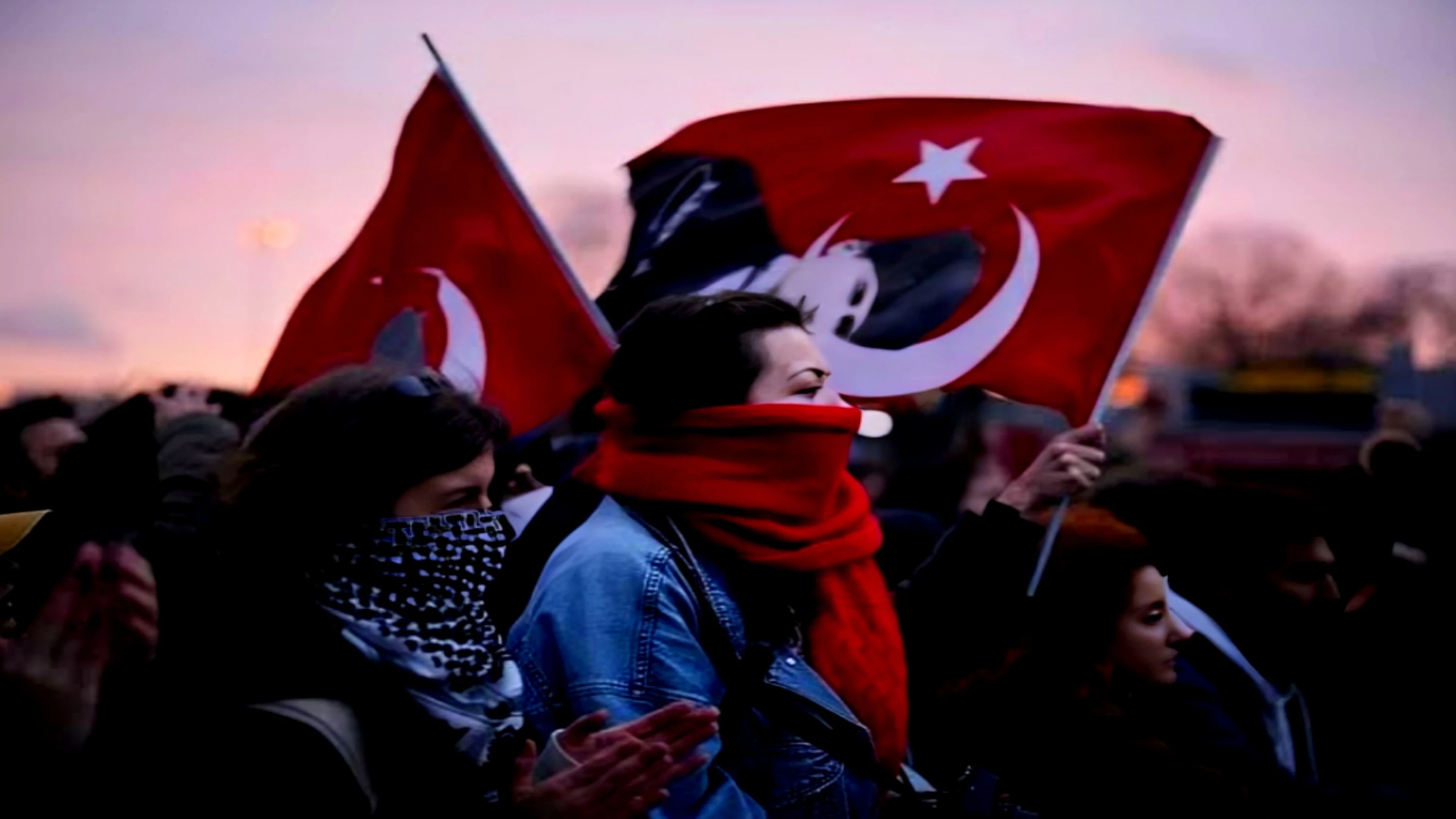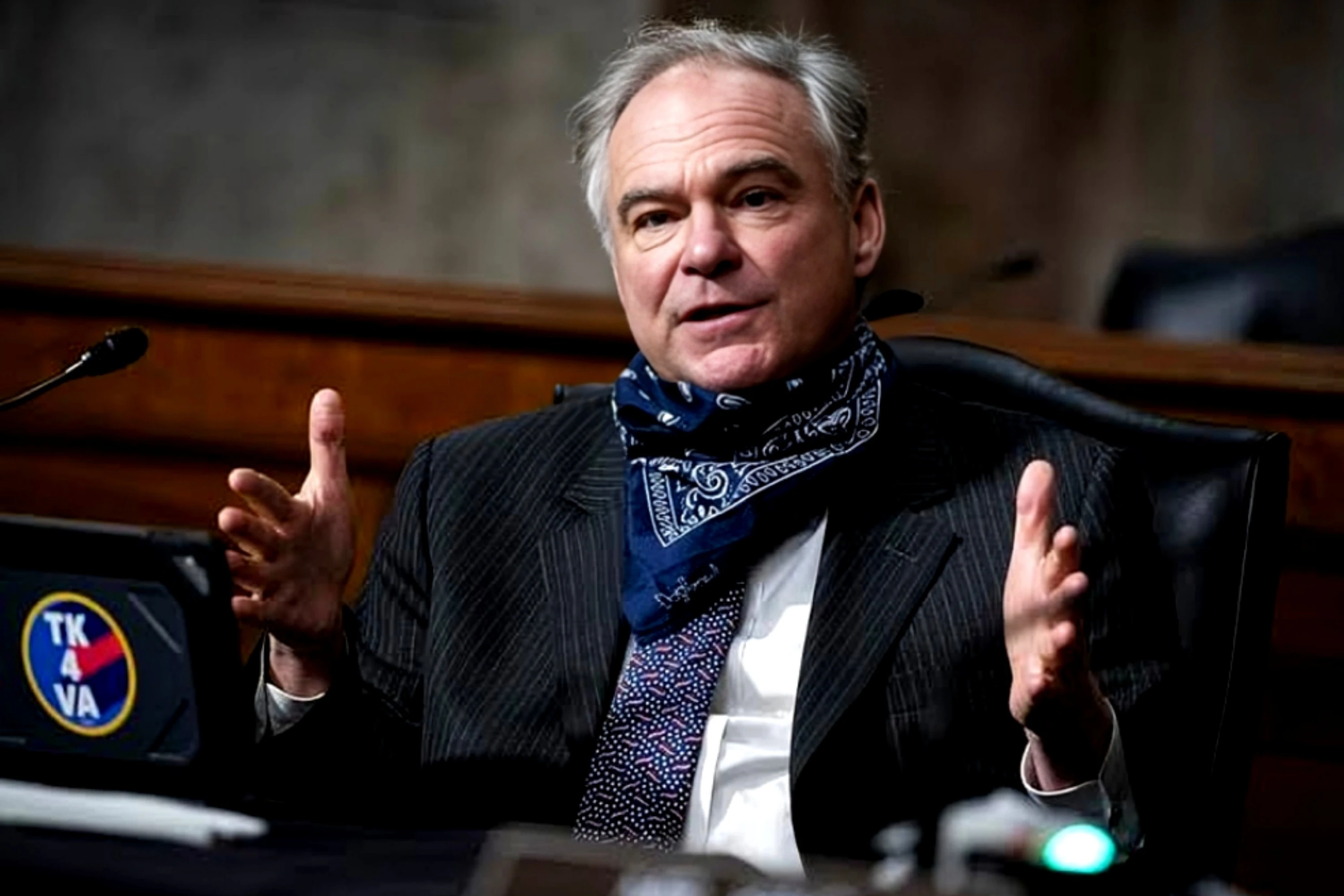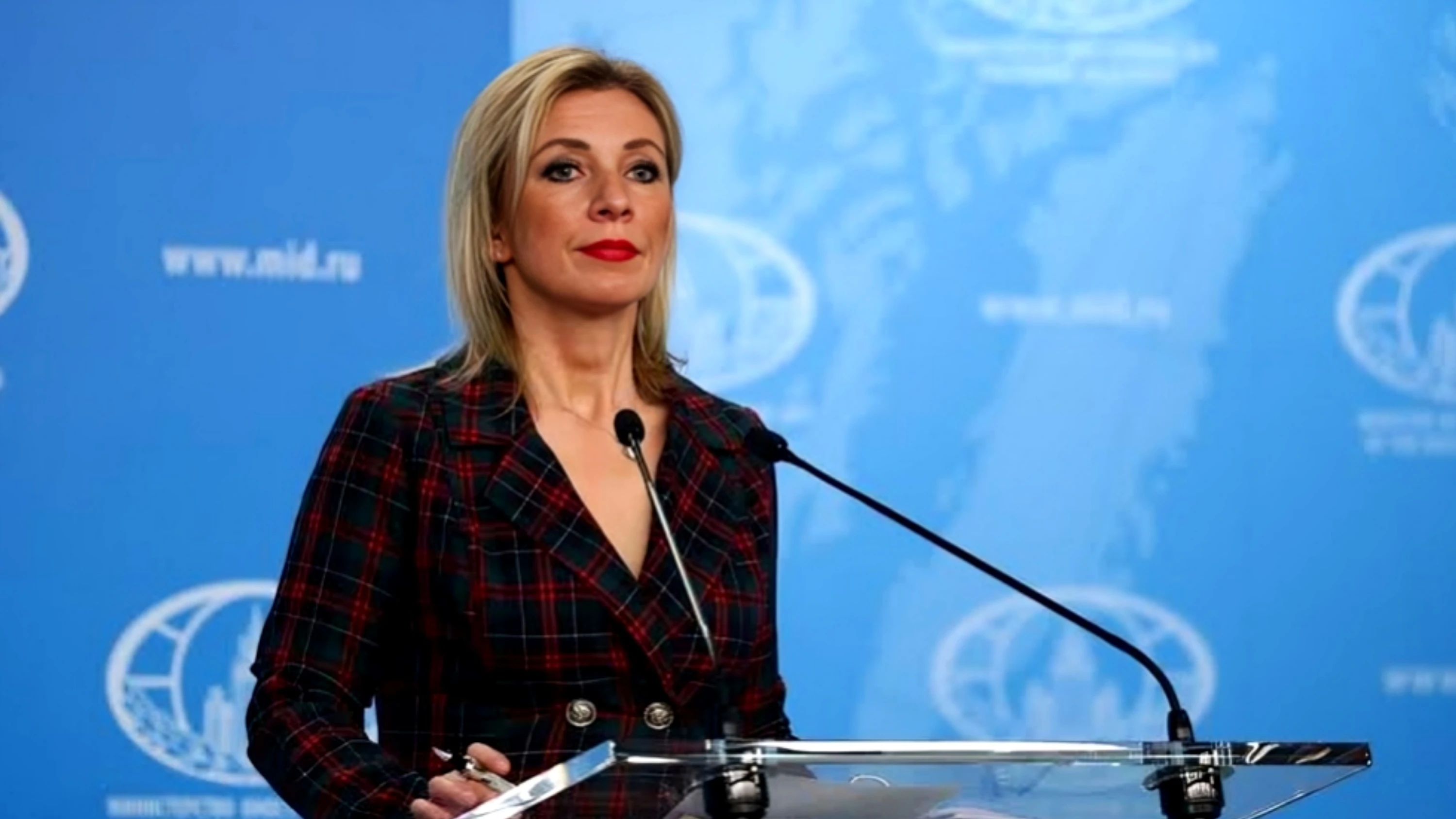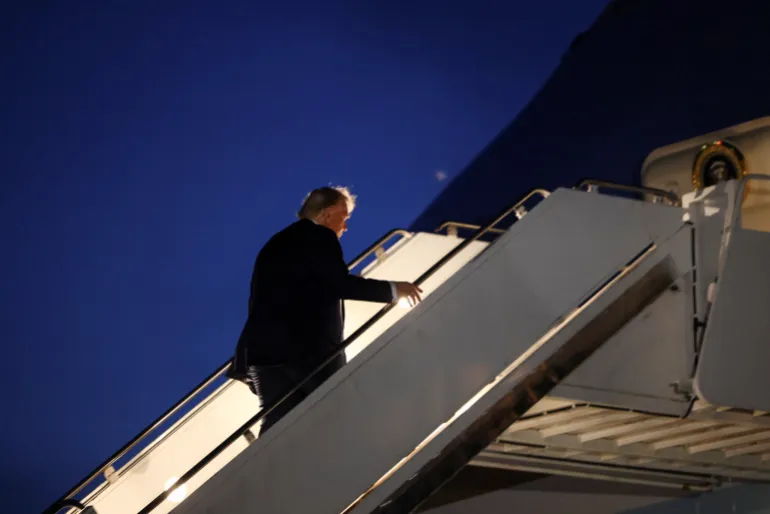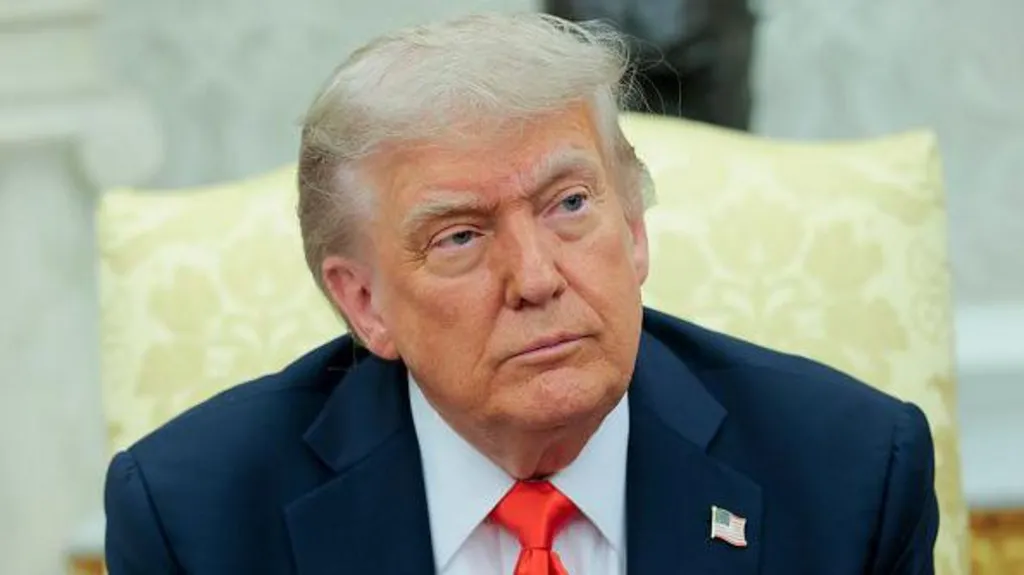Istanbul: Thousands of people have taken to the streets in Istanbul to protest the arrest of Ekrem Imamoğlu, the city's mayor and a key political rival of President Recep Tayyip Erdogan. The demonstrations, which have escalated into some of Turkey’s most serious unrest in the past decade, were met with police resistance, including tear gas and rubber bullets.
The protests began on March 19 after Imamoğlu, a prominent opposition leader from the Republican People’s Party (CHP), was detained just days before he was expected to be officially nominated as a presidential candidate for the 2028 elections. Despite being behind bars, he symbolically secured the party’s nomination through a symbolic voting process on Sunday.
Authorities have accused Imamoğlu of corruption, but he has denied all charges. His arrest has sparked widespread demonstrations, with over 1,100 people detained so far, including at least ten journalists covering the protests. Turkish officials have also removed him from his position as Istanbul’s mayor.
CHP has called the arrest a "coup against the future president" and urged its supporters to take to the streets in defiance. Many of the demonstrators are university students, and protests have taken place at multiple campuses before spreading to the city's main roads and squares. On Wednesday, students from different universities marched past police barricades towards the Istanbul Municipality building. By Thursday, the unrest had intensified, with protests occurring in numerous cities, including Izmir.
Turkey’s Interior Minister confirmed the arrests of hundreds of demonstrators, while President Erdogan has condemned the protests, calling them "acts of vandalism and street terrorism." Erdogan insists that the Turkish judiciary is independent and denies allegations that Imamoğlu’s detention was politically motivated.
International reactions have been swift, with the European Commission urging Turkey to uphold democratic values. Turkey remains both a member of the Council of Europe and a candidate for EU membership.
Erdogan, who has been in power for 22 years, faces growing criticism from opposition voices who accuse him of authoritarian rule and suppressing dissent. His supporters, however, argue that he has significantly developed Turkey’s economy and maintained stability, especially in the aftermath of the 2016 coup attempt.


